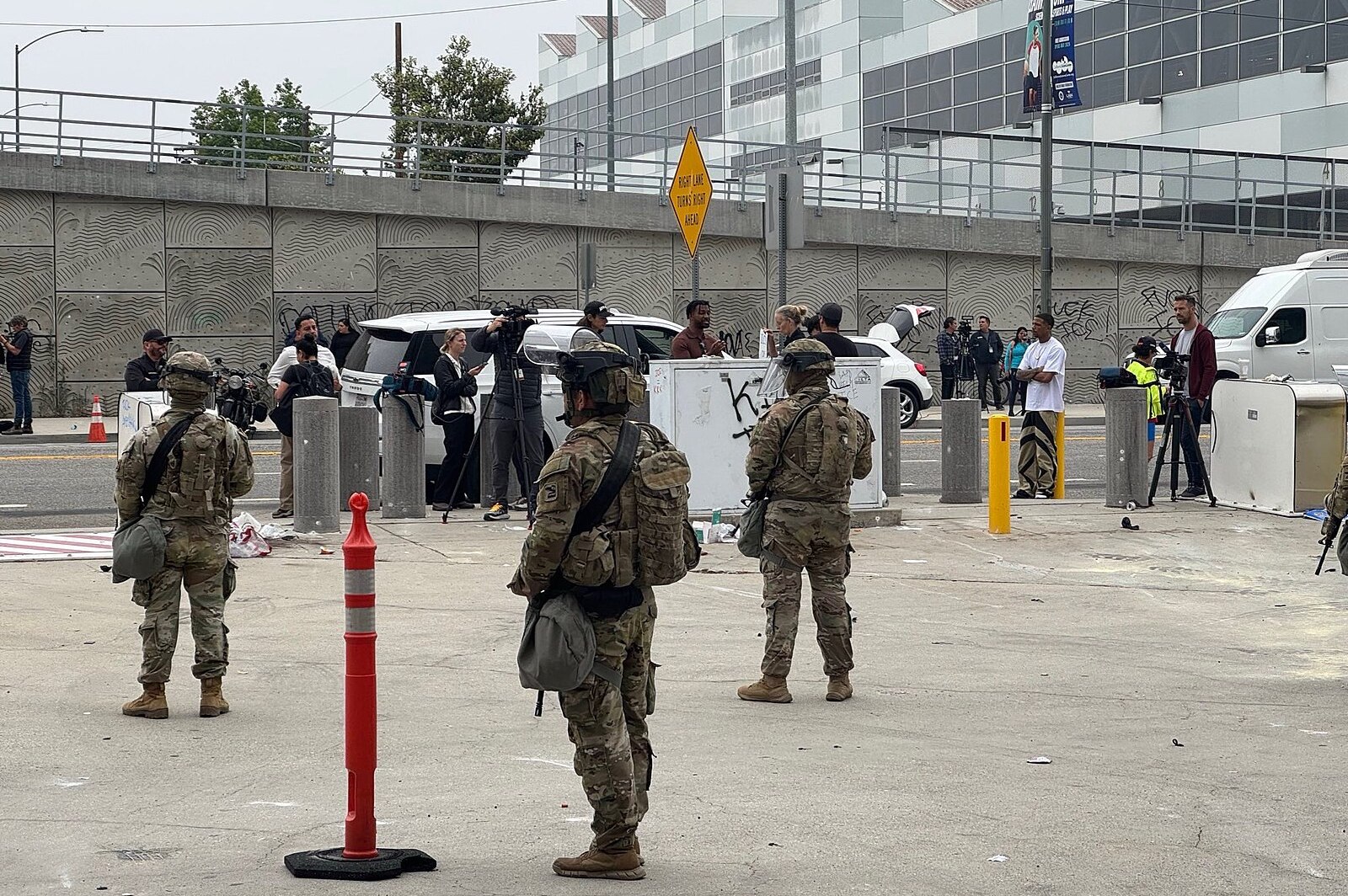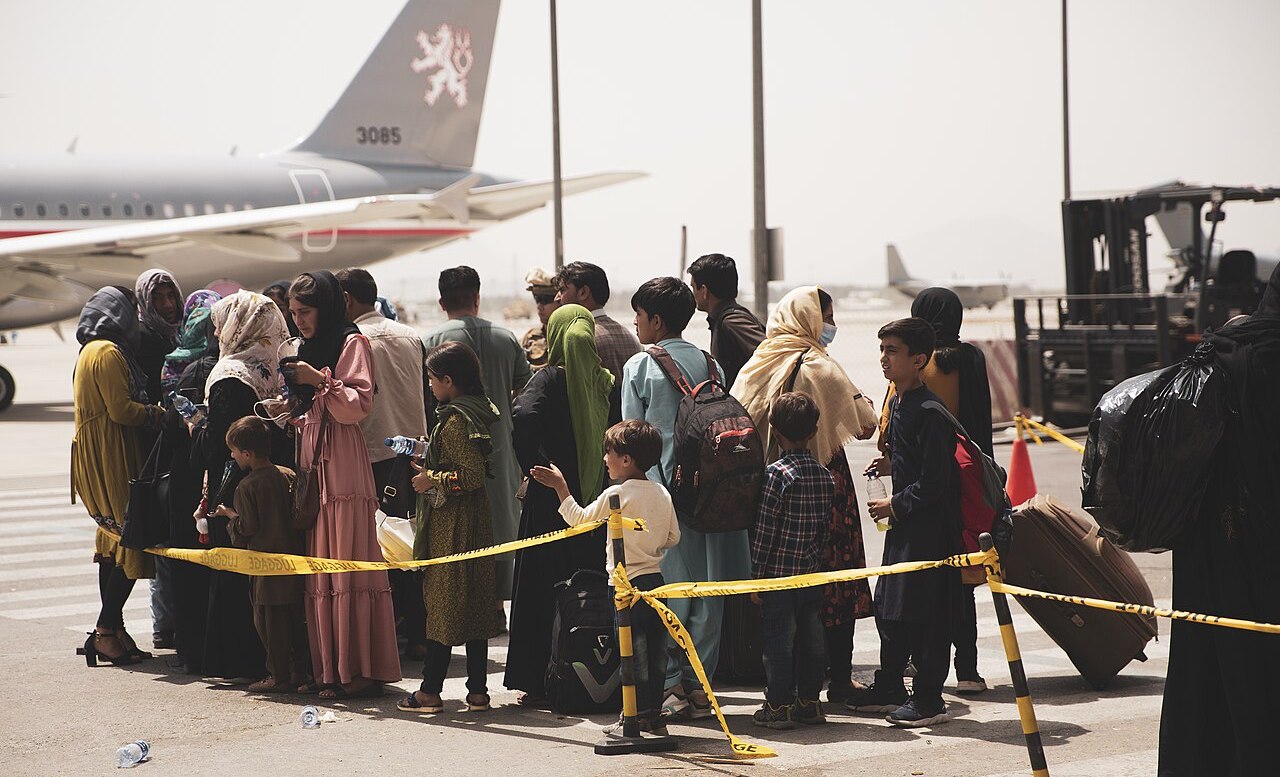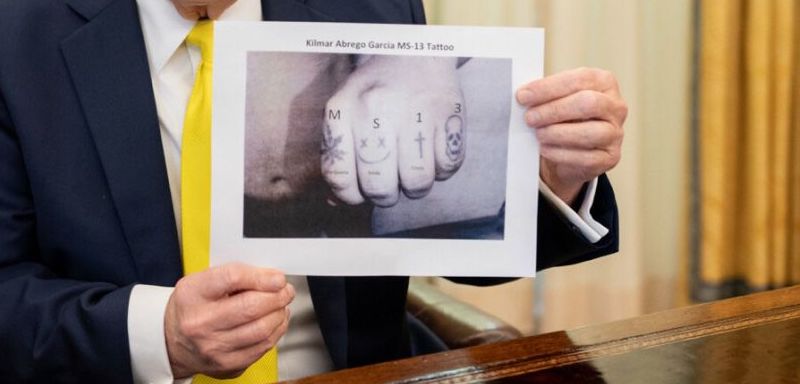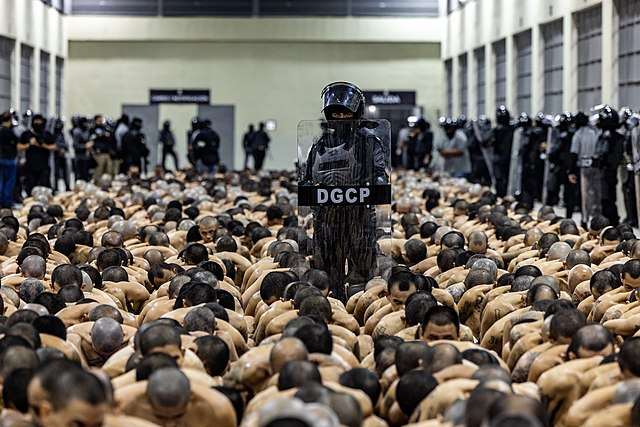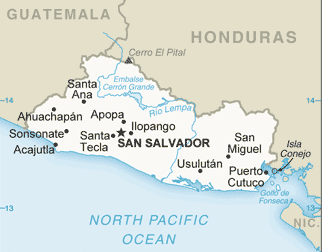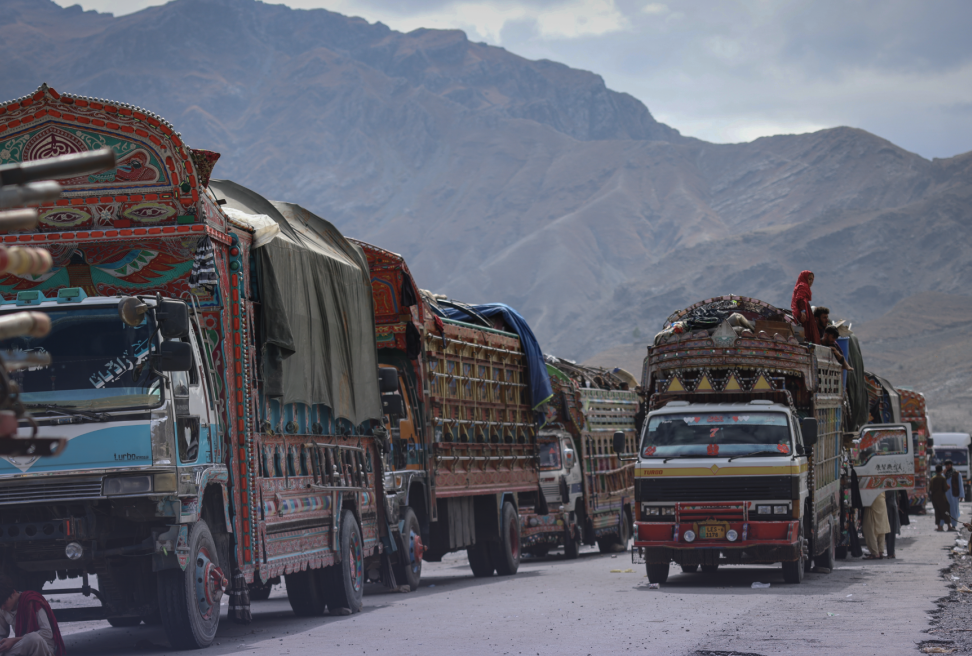North Africa
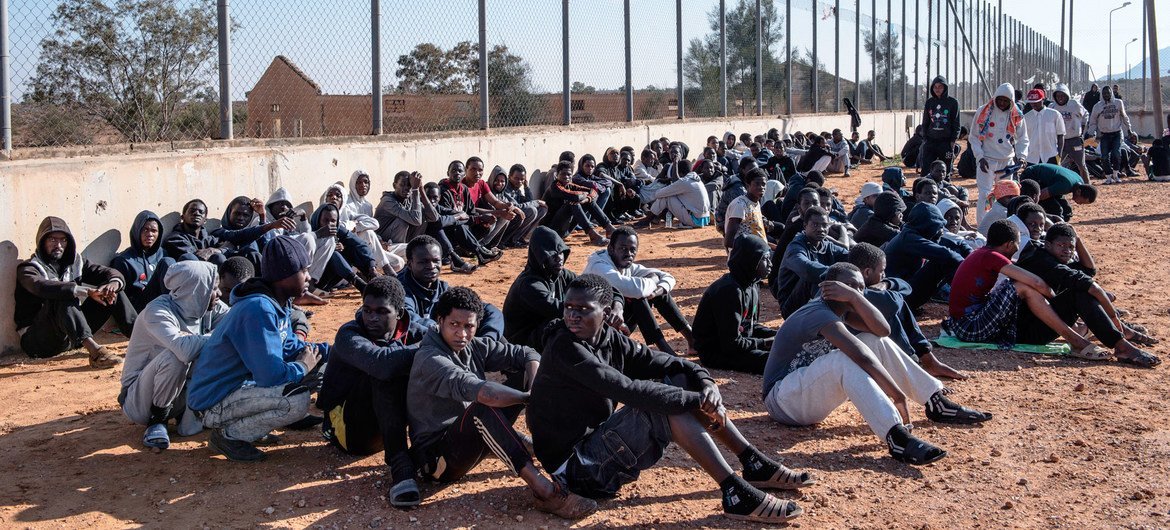
The United Nations is demanding an urgent investigation after several mass graves were discovered at detention sites in Libya. UN High Commissioner for Human Rights Volker Türk said: “Our worst held fears are being confirmed: dozens of bodies have been discovered at these sites, along with the discovery of suspected instruments of torture and abuse, and potential evidence of extrajudicial killings.” About 80 bodies, some of them partially charred, were found at sites around Tripoli used for detention of migrants by a semi-official militia, the Stabilization Support Apparatus (SSA). The SSA leader, who went by the nom de guerre Gheniwa, was killed last month in an apparent purge of potentially disloyal elements by the Tripoli government, and his detention sites taken over. Türk called for the sites to be immediately “sealed off” and for Libyan authorities to conduct “prompt, independent, impartial and transparent investigations.” (Photo: Alessio Romenzi/UNICEF via UN News)





